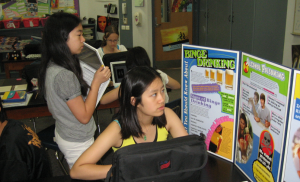*this post originally appeared on choices.scholastic.com
I wasn’t taught a lot about finance in high school. I took a required economics course my senior year, but it focused mainly on the stock market and other issues that didn’t seem immediately relevant to me.
I had a part-time job, but that money came and went quickly on shopping and meals out with friends. I was also lucky enough to have parents who paid for my college education and supplied me with a fair living allowance while I was away.
But, as is often the case when you live away from home for the first time, things kept popping up: Trips, concert tickets, outfits, and electronics I just had to have.
When my parents refused to up my allowance, I started paying closer attention to all of the letters from credit card companies that kept appearing in my dorm room mailbox.
“You’ve been pre-approved for $1500”
“Your money is just a phone call away.”
“No payments until the year 2000!”
It all started to look pretty appealing, so I signed up for my first credit card. Being only 18 at the time, I was floored by how easy it was. I just had to give them a bit of information, and they gave me a piece of plastic filled with what I essentially thought was free money.
Later, with no clue as to how late fees and APRs worked, I got myself into trouble and spent my first few years after college—when I should have been saving for my future—paying off debt.
Credit card companies bank on students’ lack of financial education. That’s why teaching teens about financial literacy before they get to college and start making money of their own is absolutely crucial to their well being.
Here are four resources designed to help teens strengthen their financial health. (Just click each heading for a link.)
1. Mint
This free online program is excellent for teens as well as adults. It helps you track spending, manage your budget and set goals like saving for college or paying off debt.
Getting teens signed up with an account early is a great idea, since they can develop financial literacy skills as they start to add money to their account, and learn to manage their credit score sooner rather than later.
2. Nerdwallet
Especially useful for teens looking to get their first credit card, this free program explains how different credit cards work and helps teens pick one that’s best for them. (Often times, college students are tricked into signing up for cards with high interest rates.)
3. Kids and Money with Beth Kobliner
On this site, financial expert Beth Kobliner provides financial tips for parents and teens, along with a host of additional resources that can be used to help kids and teens learn how to manage money.
4. Money as You Grow
This site from the Consumer Financial Protection Bureau supplies parents and caregivers with advice, tips, and resources for teaching kids about money from early childhood up through the teen years. It also contains a link to free classroom resources that teachers can use to introduce financial literacy into their schools.
With part-time jobs starting and college saving underway, now is the perfect time for teens to learn responsible ways to handle their money and take control of their financial health.



